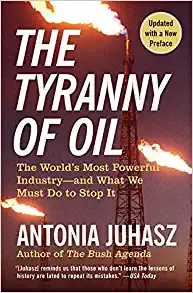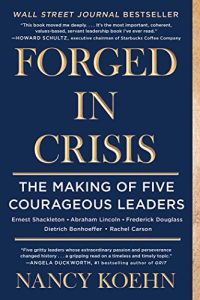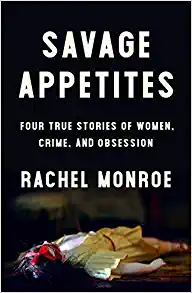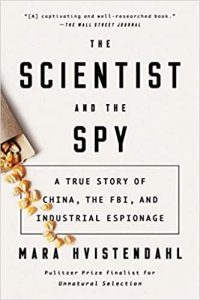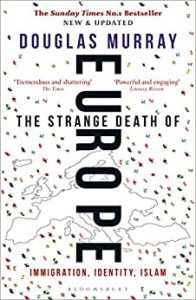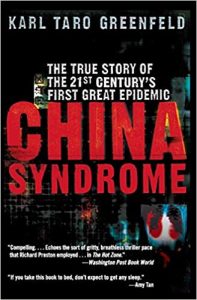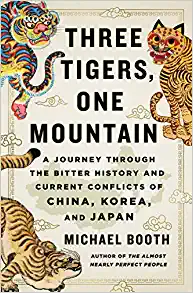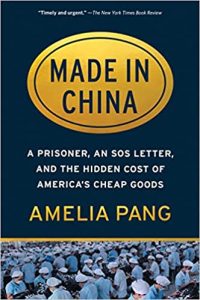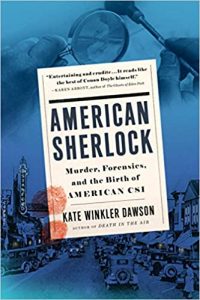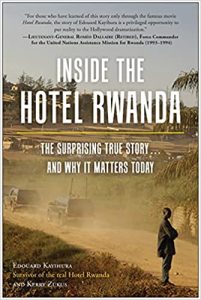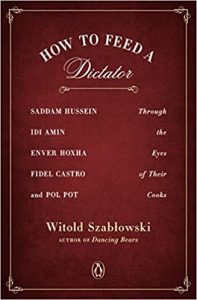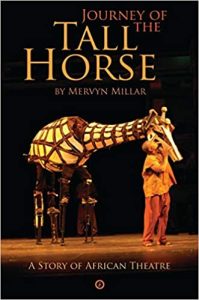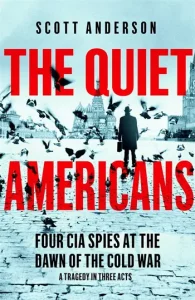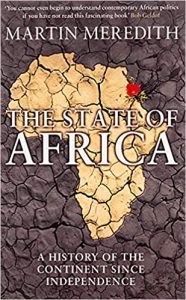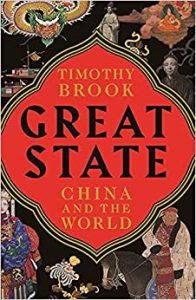The Tyranny Of Oil
₦5,500.00In the tradition of the Academy Award-winning documentary An Inconvenient Truth, Antonia Juhasz’s The Tyranny of Oil offers a chilling exposé of the modern American oil industry and its dire abuse of power. A leading international trade and finance policy expert and the author of The Bush Agenda, Juhasz presents eye-opening truths about a potentially catastrophic global energy crisis that only promises to get much worse in the coming years—and provides possible solutions for meaningful change.

